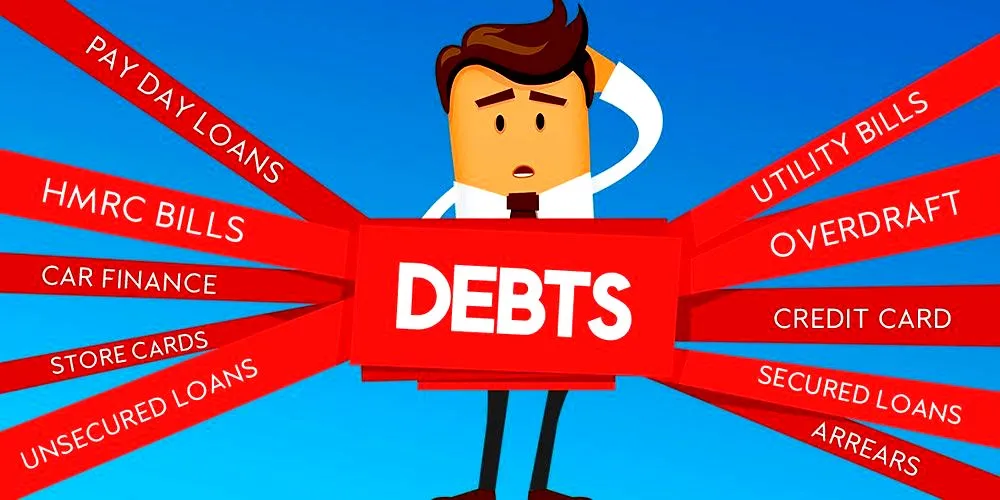Student loans are a common financial burden for many individuals, particularly those who have pursued higher education. These loans can accumulate over time, making it difficult to stay on top of payments. When borrowers struggle to manage their debt, they often wonder: is it possible to settle that student loan? While there are various debt reduction options for other types of loans, student loans come with their own unique set of rules. This article aims to answer the question by explaining the possibilities of student loan settlements and exploring alternatives for those seeking relief.
Understanding Debt Settlement and Its Application to Student Loans
Debt settlement is a process through which a borrower negotiates with their creditor to reduce the total amount of debt owed. This typically involves offering a lump-sum payment that is less than the full balance in exchange for the creditor forgiving the remaining debt. While this is an option for many types of loans, the application of debt settlement to student loans is more complex, particularly when it comes to federal loans.
For federal student loans, there is generally no formal "settlement" program. The U.S. Department of Education, which oversees federal student loans, does not typically engage in debt settlement. Instead, federal student loans are eligible for various repayment plans, such as income-driven repayment plans, which adjust payments based on a borrower’s income. These options are often seen as a more accessible way to manage debt than settling it for less than what’s owed.
However, there may be some flexibility in certain cases. For instance, federal loans in default may be eligible for a settlement through a process known as "compromise." This can occur when the loan is in serious default, and the borrower offers a lump-sum payment to settle the debt. However, this is rare and often only offered in extreme cases where the borrower’s financial situation makes full repayment impossible.
Private Student Loans and Debt Settlement
In contrast to federal loans, private student loans, which are issued by banks, credit unions, or private lenders, have more potential for settlement. These loans are not governed by the same rules as federal loans and may be more flexible in terms of negotiation. When a borrower defaults on a private student loan, they may be able to reach an agreement with the lender to settle the debt for less than what is owed. However, like other forms of debt settlement, there are no guarantees that the lender will accept the offer.
If you're struggling with a private student loan, it's worth exploring the possibility of negotiating a settlement. The process typically involves offering a lump sum or a reduced payment to resolve the debt. However, keep in mind that not all private lenders are open to settling loans, and even if they are, they may only do so under specific circumstances, such as if the borrower is in default or is facing serious financial hardship.
The Consequences of Settling Student Loans
While settling a student loan for less than the full balance might seem like a solution, there are serious consequences that borrowers must consider before taking this route. The most immediate effect is the damage it can do to your credit score. Settling a loan for less than the full amount will be reflected on your credit report, potentially lowering your credit score significantly. This can make it harder to secure future loans or credit cards, and can even impact your ability to rent a home or qualify for a mortgage.
Another important consideration is the potential tax implications of settling student loans. The IRS may treat the amount of debt that is forgiven as taxable income. This means that if you settle a loan for less than the full balance, the forgiven portion could be considered income, and you may be required to pay taxes on it. For many borrowers, this comes as an unpleasant surprise when they file their tax returns.
Alternatives to Debt Settlement for Student Loans
If you are struggling to repay your student loans but are concerned about the consequences of settlement, there are other options you may want to explore. These alternatives can provide relief while avoiding some of the negative consequences of debt settlement.
- Income-Driven Repayment Plans: Federal student loan borrowers can apply for income-driven repayment plans, which adjust monthly payments based on their income and family size. These plans can make payments more manageable, and after a set period, any remaining balance may be forgiven.
- Loan Forgiveness Programs: Public Service Loan Forgiveness (PSLF) is a program for federal loan borrowers working in qualifying public service jobs. After making 120 qualifying payments, borrowers can have the remaining balance of their loans forgiven. This can be an excellent option for those in public service careers, such as teaching, healthcare, or government work.
- Refinancing: For private student loans, refinancing may be an option to reduce interest rates and lower monthly payments. However, it’s important to note that refinancing federal loans can lead to the loss of federal protections, such as access to income-driven repayment or forgiveness programs, so borrowers should weigh the pros and cons carefully.
- Deferment and Forbearance: If you are experiencing temporary financial difficulty, you may qualify for deferment or forbearance, which allows you to temporarily pause your loan payments. Although interest may continue to accrue, these options can provide relief in the short term while you get your financial situation back on track.
Is Debt Settlement the Right Solution for You?
Before considering debt settlement for your student loans, it is important to carefully evaluate your financial situation and the long-term consequences. Settling a student loan, especially a private one, may seem like a quick way out, but it can have lasting effects on your credit and may result in a tax burden. Additionally, federal loans offer more structured options such as income-driven repayment and loan forgiveness programs, which may be more advantageous in the long run.
If you are struggling with student loan debt, it’s crucial to explore all available options and consult with a financial advisor or student loan expert. Understanding your choices and the potential consequences will help you make the best decision for your future.
Conclusion
So, is it possible to settle that student loan? While settling federal loans is not generally an option, private student loans may offer more flexibility for negotiation. However, borrowers should be aware of the potential consequences, including the impact on their credit score and possible tax liabilities. Instead of focusing solely on settlement, consider exploring alternatives like income-driven repayment plans, loan forgiveness programs, or refinancing to better manage your student loan debt. With the right approach, it is possible to regain control of your financial future.

